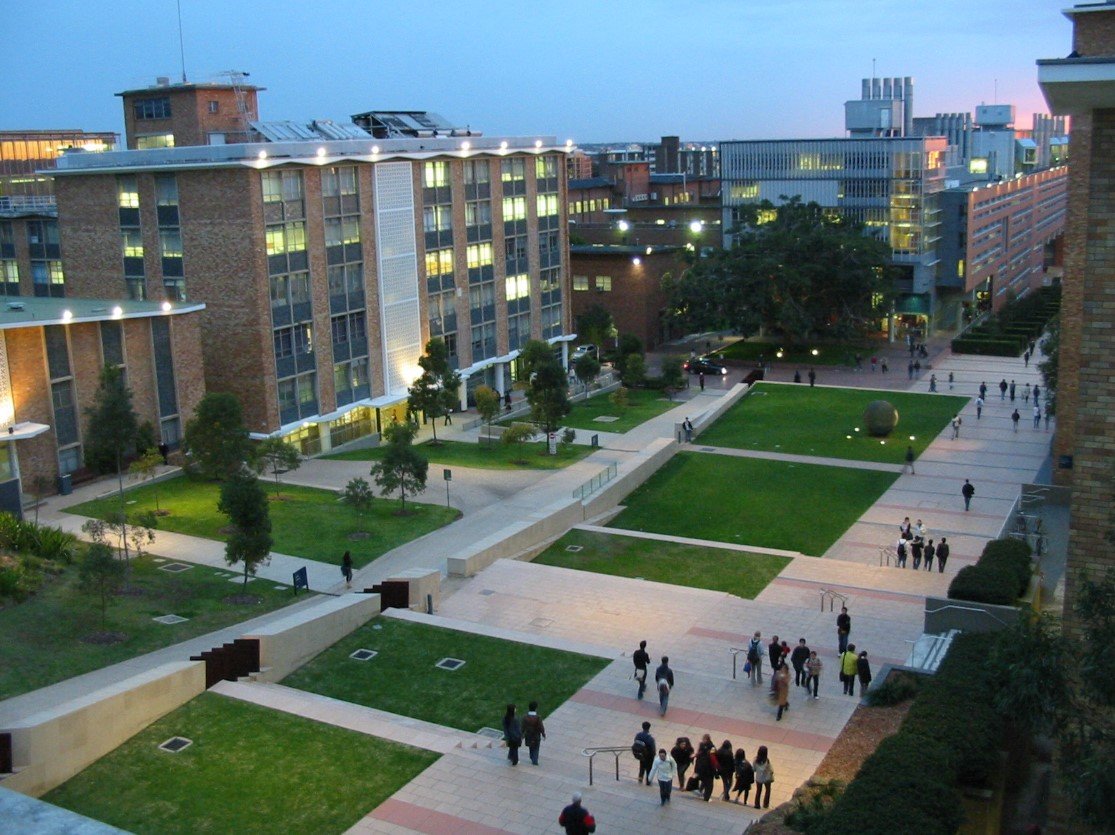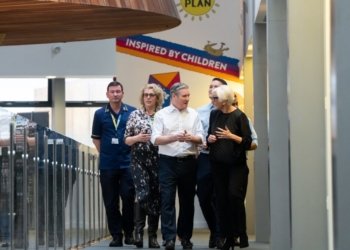In a groundbreaking series, the University of New South Wales (UNSW) has launched ‘MedConnect x Sci-Fi’, a visionary initiative that brings together the realms of health and climate science. This series aims to elevate the discourse on health within the climate debate, highlighting the profound impact of environmental changes on public well-being.
The Vital Link Between Climate and Health
The recent MedConnect x Sci-Fi event at UNSW Sydney’s Roundhouse served as a melting pot for ideas, with over 150 attendees from various sectors. The panel, comprising esteemed experts like Dr. Georgia Behrens and Professor Guy Marks, delved into the health repercussions of climate change. They discussed the rise in air pollution and its cascading effects on public health, emphasizing the need for collective action against these growing threats.

The conversation also touched upon the concept of ‘craftivism’, blending creativity with activism to foster societal change. The audience’s engagement was palpable, with many sharing personal concerns and seeking guidance on contributing to the cause.
Innovations and Solutions for a Healthier Planet
The series underscored the urgency for systemic innovations to combat the health risks posed by climate change. It showcased the collaborative efforts of government bodies, industries, and communities in crafting sustainable solutions. The event highlighted the role of technology and policy in creating resilient health systems that can withstand the challenges posed by a changing environment.
Participants were encouraged to think beyond traditional boundaries, exploring how interdisciplinary approaches can lead to more effective strategies in addressing the health impacts of climate change.
Engaging Society in Climate Health
The Black Dog Institute’s involvement brought a unique perspective to the table, focusing on the psychological aspects of climate change. An interactive art installation allowed guests to express their climate-related feelings, fostering a deeper understanding of the emotional toll of environmental issues.
This innovative approach to engagement exemplified how art and science can converge to create meaningful conversations and inspire action on climate health.



































